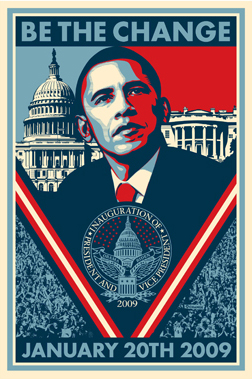Packaging Sustainability
 A new book hit the shelves this week called "Packaging Sustainability: Tools Systems and Strategies for Innovative Package Design." The book is from Wiley Press and is edited by Wendy Jedlicka of the Minneapolis College of Art and Design, Sustainable Design Certificate Program.
A new book hit the shelves this week called "Packaging Sustainability: Tools Systems and Strategies for Innovative Package Design." The book is from Wiley Press and is edited by Wendy Jedlicka of the Minneapolis College of Art and Design, Sustainable Design Certificate Program.
The classic role of packaging is to "Protect, Inform, and Sell." Today, packaging must do all that — but with minimal eco-impact. Packaging Sustainability: Tools, Systems, and Strategies for Innovative Package Design is a comprehensive guide to thinking outside the box to create practical, cost-effective, and eco-responsible packaging.
With a broad range of contributions from pioneers of sustainability, Packaging Sustainability not only describes the concepts of sustainability but reveals the logic behind them, providing you with the tools to sift through and adapt to the ever changing barrage of materials, services, regulations, and mandates. The book:
- Enables the designer to make smart, informed decisions at all points throughout the packaging design process
- Offers a comprehensive overview of sustainable packaging design issues from leading practitioners, designers, engineers, marketers, psychologists, and environmental practitioners
- Describes materials and processes in current use and helps the reader understand how they interconnect
Order a copy here.
.jpg)







